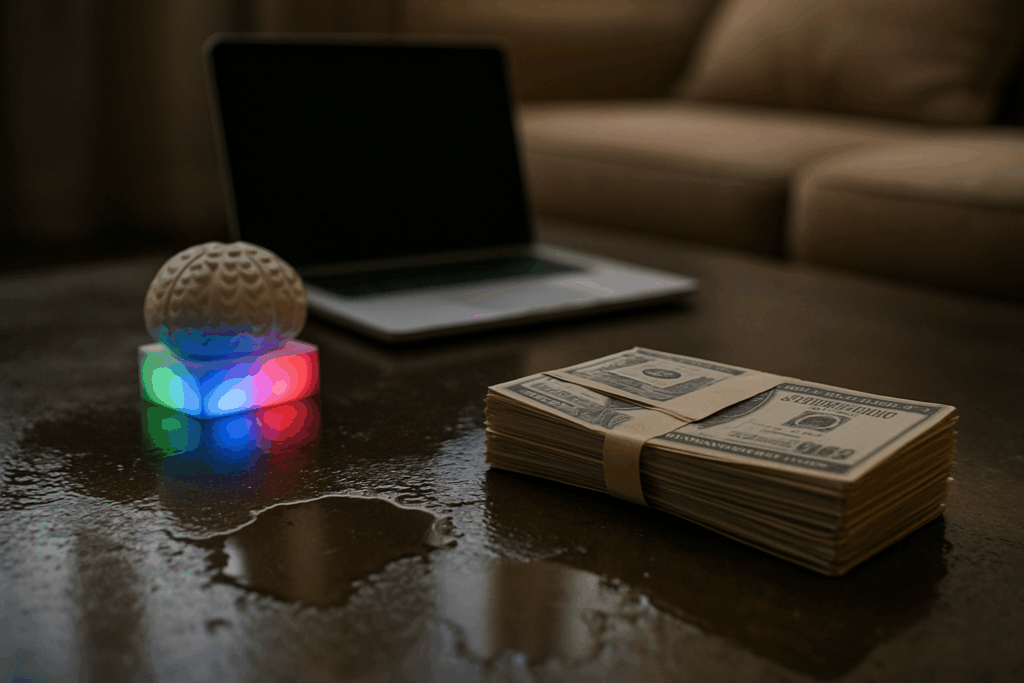trade in trade up guitar center
The “Trade In, Trade Up” program at Guitar Center is straightforward:
Bring your used amplifier (or other gear) to any Guitar Center location. Knowledgeable staff inspect and test the equipment. You receive a noobligation offer—higher as store credit, lower as direct cash. You can immediately apply store credit toward any new or used gear—walk out with your new amp, or save for future upgrades.
“Trade in trade up guitar center” is more than a tagline; it’s a routine for working players focused on sound, performance, and value.
Pros of Trading In With Guitar Center
Immediate value: No waiting weeks for a private sale—offers happen on the spot. Skip sales risk: Avoid the noise and scams of marketplace apps and forums. No need for marketing: Skip photos, descriptions, and negotiations. Focus on what matters—playing, not advertising. Onestop upgrade: Find, test, and purchase your new amp or gear the same day; simplify moving up.
Cons and Considerations
Lower offer than resale: GC must account for refurb, warranty, and profit—so offers aren’t what you’d get privately. Condition matters: Dings, worn controls, or missing parts reduce the value. Brand demand: Highdemand boutique or classic gear (Fender, Marshall, Mesa/Boogie) draws better tradein quotes; noname or outdated gear may draw minimum credit.
A key tip: “trade in trade up guitar center” works best for gear in good condition and high resale demand.
Maximizing Your TradeIn Value
Clean and prep: Remove dust and polish the amp. Replace broken knobs or tubes, if possible. Include accessories: Cables, footswitches, or manuals can sweeten the deal. Know the market: Check the current used models and prices on Guitar Center’s own site and other gear forums for reference points. Bring ID, and (if possible) receipt or original purchase info.
Be honest about modifications or repair history. Staff can tell the difference—and transparency builds trust.
How to Navigate the Trade
Stepbystep:
- Head to your local store with the amp.
- Fill out the used gear form; provide necessary details and ID.
- Wait during the evaluation (test for sound, features, condition).
- Receive a quote (credit or cash).
- Apply store credit immediately for a new amp, or take cash if preferred.
You can also trade up toward higherend amps—vintage tube models, new modeling combos, or a boutique pedal suite. The store’s used inventory is fair game.
Should You Take Cash or Store Credit?
Store credit is usually 10–20% higher than the cash offer. If you plan to buy another amp (or other gear) at GC soon, store credit stretches your value. If you prefer shopping the used market independently or need the funds, cash may make more sense.
The “trade in trade up guitar center” process is most beneficial when you’re ready to upgrade now.
When Trading In Makes the Most Sense
Your current amp doesn’t suit your gigs or tone anymore—time for a power/feature change. You need to consolidate or shed unused gear quickly before moving or for financial discipline. You want to try a new brand or model without the risk (GC’s return policy is often more accommodating than Craigslist).
Potential Drawbacks
Not suitable for rare, vintage, or ultraboutique gear—private sales often fetch more. Some models may be rejected outright (broken, obscure, missing major components). Value fluctuates seasonally: amp demand may dip in the summer or postholiday sales.
Alternatives
Sell directly to another player or through reverb.com, craigslist.org, or local music shops; requires more patience, risk, and negotiation. Consign at a specialty store, accepting a smaller take for a slower, safer sale. Donate—older but working amps can make a difference at schools, churches, or youth clubs.
Final Advice
Trading in at GC is about convenience, speed, and certainty—not maximizing every dollar. For students, weekend players, or working musicians on a timetable, “trade in trade up guitar center” delivers:
Immediate credit for new or used gear A transparent process that avoids scams or long waits One less hassle in a life full of amp troubleshooting
It’s a smart move for the disciplined: do your research, prep your amp, and walk in with real expectations.
Final Thoughts
Music and the tools that deliver it should evolve. If your amp is holding you back, taking up space, or just not matching your volume or vision, trading up is an act of musical discipline. The “trade in trade up guitar center” program keeps the circuit simple: turn unused gear into better sound, less clutter, and more inspiration. Preparation beats luck, every time. Show up ready, and ensure the next note out of your amp is the right one.





